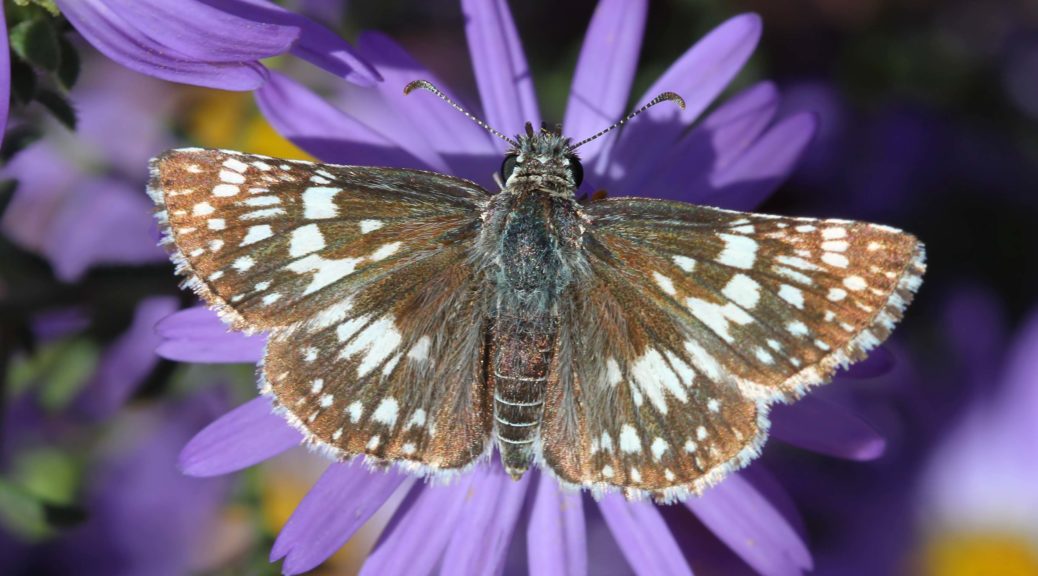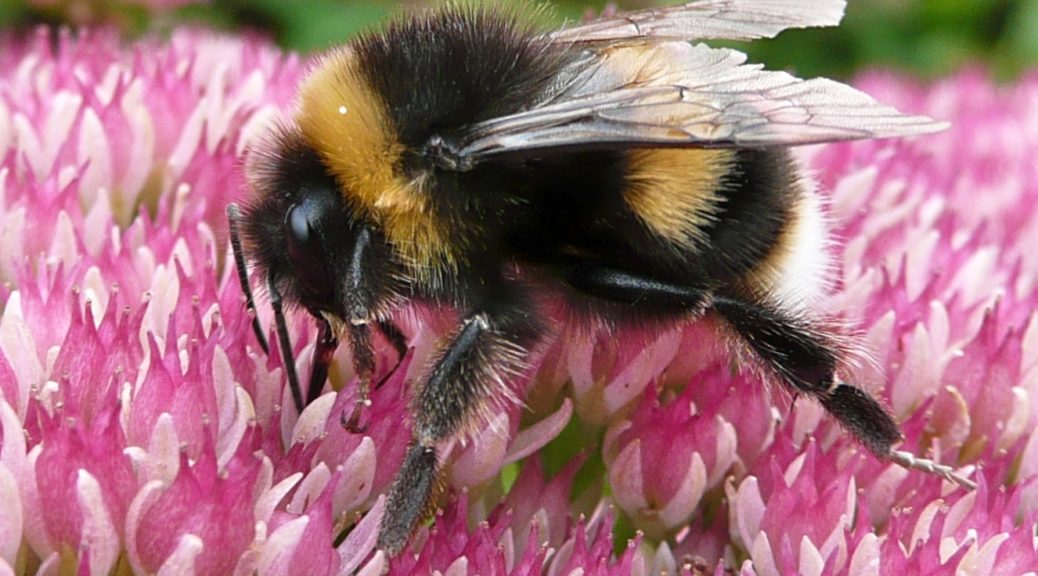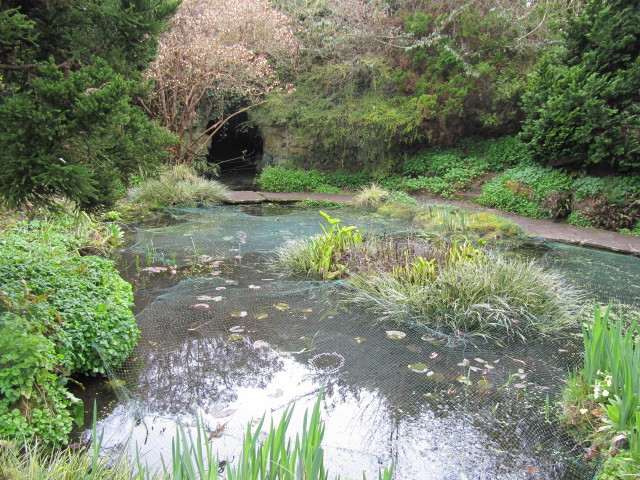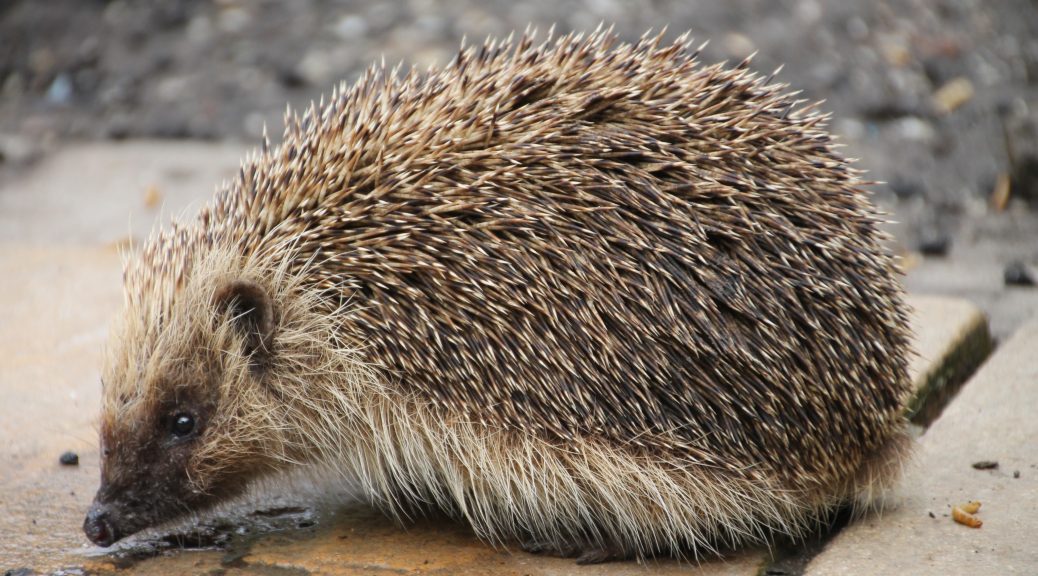The BBC report leaving hedgerows untouched can offer an important lifeline for night-time biodiversity, such as bats. A study says schemes designed to make farming more wildlife-friendly often failed to offer any real benefits.
Monthly Archives: June 2019
Bees kept for honey are killing wild species by spreading disease
The Independent report nineteen per cent of flowers sampled near domestic beehives had viruses on them. Beekeepers could be fuelling the worrying decline of wild bees, new research suggests. Wild bumblebees can contract diseases from domestic honeybees if they share the same flowers, according to new US research which suggests domestic beehives should be kept out of areas home to particularly vulnerable pollinators.
Butterfly previously extinct in England bred in forest
The BBC report a butterfly that became extinct in England more than 40 years ago has been bred for the first time in a secret forest location.
The chequered skipper was always scarce but died out in 1976 due to changes to woodland management. The new offspring are from Belgian adults released in Rockingham Forest, Northamptonshire last year.
Chequered skipper photo by John Flannery under creative commons
Oysters bed down in the Thames once again
The Times reports oysters are to be reintroduced to the Thames estuary in the hope of reviving production of the shellfish on a scale not seen for centuries.
The oyster population of the Thames has suffered an estimated 95 per cent decline in the past 200 years, due to habitat loss, pollution and disease. Human intervention is now the mollusc’s only hope, according to conservationists from the Zoological Society of London, and work will begin this month to build a new oyster bed in Essex.
Wild flowers turn the A630 into a bee road
The Times reports a strip of central reservation in an industrial zone in a rugged former mining town is not the first place you’d imagine to find an oasis of nature but that is what Rotherham has managed with a “river of flowers” along eight miles of roads. A blend of cornflowers, poppies, fairy toadflax, marigolds and more have washed an otherwise urban landscape with a spray of colour.
The project has been widely praised on social media, not just for its appearance but also for its help to the ailing bee population, as well as the local authority’s budget, which has saved £23,000 by no longer having to regularly cut back the plant life.
English nature’s ‘jewels in crown’ threatened by cuts, says watchdog
The Guardian reports Natural England chair bemoans budget cuts that have left conservation body ‘massively depleted’. The reserves and protected places that are the “jewels in the crown” of English nature cannot be managed properly because of budget cuts, Tony Juniper, the chair of Natural England, has said.
Dig a pond (or rewild an old one) and nature will love you for it
Kate Bradbury writes in the Telegraph – My new pond is the heartbeat of the garden. It’s only a few weeks old, the plants are still small and the grass I sowed around the edge is but a five o’clock shadow on its muddy banks. And yet it’s permanently busy: this week I can’t see for house sparrows, and have spent hours laughing at the newly-fledged chicks taking their first bath.
Two blackbirds visit regularly for a drink and a wash, there are robins, goldfinches and tits, plus a huge herring gull that jumps in with an enormous splash and swims around in contented circles.
Photo of wildlife pond at Highdown by Leonora (Ellie) Enking under creative commons.
RSPB concern as illegal bird killings quadruple in a year
The BBC reports laws to protect birds are being “routinely flouted”, the RSPB has said, after figures showed a massive rise in the number illegally killed.
There were four times as many bird killings in Wales last year compared to in 2017, the organisation said. Investigations officer, Jenny Shelton, said birds were usually killed because they posed a threat to game stocks.
Illegal eel exporters exposed by Countryfile
The BBC report dealers looking to illegally export European eels from the UK have been exposed by BBC Countryfile.
Posing as a UK fisherman who had legally caught the eels on the River Severn in Gloucestershire, presenter Joe Crowley was approached by Chinese and Russian buyers and a UK exporter.
An export ban on the endangered species has been in place since 2010. The illegal trade has previously been focused on stocks in France and Spain but now smugglers have turned their attention to the UK, where glass eels can only be caught by licensed fishermen.
Hedgehogs get a helping hand to cross busiest roads
The Times reports hedgehogs will soon be able to cross Britain’s highways with a smidgin more confidence as they become the first new animal in 25 years to get their own roadside warning sign.
The creatures will be shown within a red warning triangle at blackspots in an attempt to halt the decline in their numbers and to prevent crashes as drivers swerve to avoid them or motorcyclists skid on roadkill. Previously warning signs were limited to cows, sheep, horses, toads, deer and ducks.




